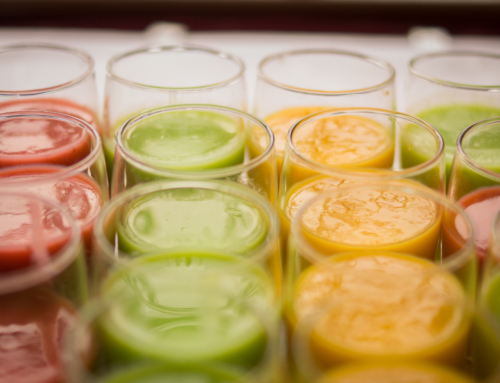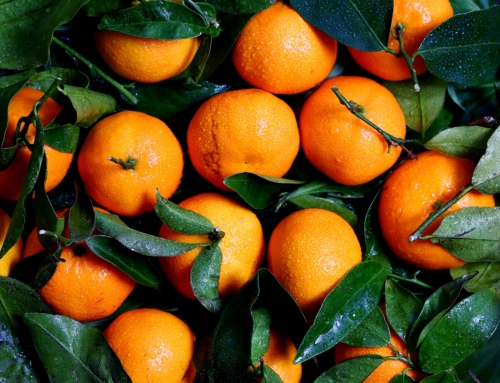Prevention of Diabetes

Diabetes is a condition where your body cannot regulate the balance of blood sugar. There are a few ways the body can regulate its proper blood sugar, but the most understood ways is the insulin pathway. Insulin is used to drive glucose (sugar) from the bloodstream and into the cells. It is a powerful hormone that is released by the pancreas by beta cells in the Islet of Langerhans. Without this hormone you can starve even with a body that has enough sugar to keep the cells alive, because it is staying in the blood stream and never entering the cell for use. This will create high levels of glucose in the blood. The brain, retinas and kidneys can get damaged when this happens.
Some people do not make this hormone because their pancreas has lost the beta cells to make insulin. This is a Type 1 Diabetes and is known as juvenile onset diabetes. This is found early in life when a child does not thrive. These diabetes need to inject insulin in their bodies and constantly monitor their blood sugar. They will eventually require an automatic pump that will inject the insulin for them. There is no standard reason to get Type 1 other than an early infection of a virus or genetics. Therefore, since there is scanty evidence, it is hard to know the best prevention.
Type 2 diabetes is different from Type 1. It is usually later onset and is sometimes called Adult Onset Diabetes. People diagnosed with type 2 have pancreases that make enough insulin, but their bodies do not respond to the hormone. Insulin “opens” the cells to let glucose in. If insulin levels rise frequently the cells become less responsive to open up and take the glucose in. This is called being insulin resistant.
When you become resistant to insulin your blood glucose rises. Over time your blood sugar will remain high. When fasting glucose rises (not eaten in 12 hours or more) to 125mg/dL You get diagnosed with Type 2 diabetes.
More importantly to understand, that as the cells become more resistant to insulin the blood sugar rises which puts you at risk for kidney failure, heart disease and blindness. You are also at risk of amputation of your toes and feet.
The best prevention against Type 1 diabetes is to keep insulin levels from rising too quickly with removing foods with high glycemic indexes. The most potent foods that cause a great rise in insulin are all sugars, process breads and pastas and all grains and diary. Try eating more natural proteins such as eggs and meats with any vegetables at your meals and snack on 1 to 2 pieces of fruit between meals. You can control your insulins levels with your diet.




